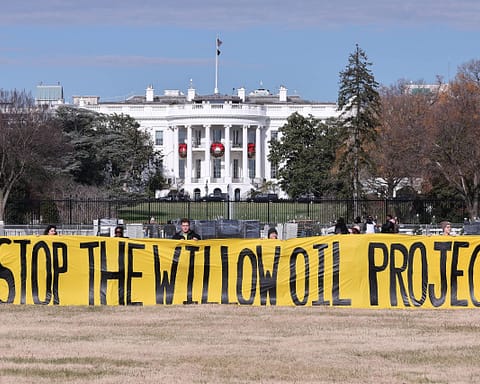JERUSALEM (Parliament Politics Magazine) – Israel has extended a security agreement with Dubai, allowing Israeli carriers to continue flying to the United Arab Emirates while a disagreement over aviation security is being negotiated.
It cautioned that until the matter is rectified, there could be a crisis with the Gulf state.
Israel’s Shin Bet security service has expressed concerns about arrangements at Dubai International Airport, which it did not reveal publicly, and stated the three airlines would stop flying there if the issues were not resolved.
According to a Shin Bet statement forwarded by the media of Israel, security disagreements have occurred in recent months between the competent bodies in Dubai and the Israeli aviation security system, in a fashion that does not allow for the responsible enactment of security for Israeli aircraft.
The current agreements were set to expire on Tuesday, but according to a senior Israeli official, Transport Minister Merav Michaeli has extended the deadline “by almost a month” to allow for further negotiations.
In accordance with a 2020 deal that managed to normalise ties between the two countries, direct flights from Tel Aviv to Dubai were started by El Al, Israir, and Arkia airlines, which allowed hundreds of thousands of people from Israel to visit Dubai.
The Dubai authorities have yet to respond to the situation.
Rising pressure
According to the senior Israeli official, if airlines from Israel stop flying to Dubai, it will be a de facto end to their UAE activities, prompting a reciprocal ban.
“If El Al can’t fly to the Emirates, then Emirati firms won’t be able to land here,” the official added, according to the Reuters news agency.
Flydubai runs direct flights between Dubai and Tel Aviv, and Dubai’s Emirates has been considering launching services to Israel.
From Abu Dhabi to Tel Aviv, Etihad Airways and Wizz Air fly.
“The problem might be regional, not just bilateral,” the Israeli official added, stressing the UAE’s pivotal position in the so-called Abraham Accords, a US-backed effort to normalise relations between Israel and a number of Arab countries. “It has the potential to have a significant impact.”
An Israeli transport ministry official indicated at the time of the agreement’s signing that the two countries would sign an agreement authorising 28 weekly commercial flights between them.
Israel’s aviation security procedures are rarely made public.
Should Israeli carriers no longer be able to fly to Dubai, the Shin Bet suggests that Abu Dhabi, the capital of the United Arab Emirates, could be a viable option. However, a senior Israeli official dismissed this, claiming that Abu Dhabi saw significantly less traffic.
“Abu Dhabi may be a security choice, but it is not a financial alternative,” the official explained.
El Al was the first Israeli airline to fly into Saudi Arabian airspace, landing in the United Arab Emirates in August 2020.






